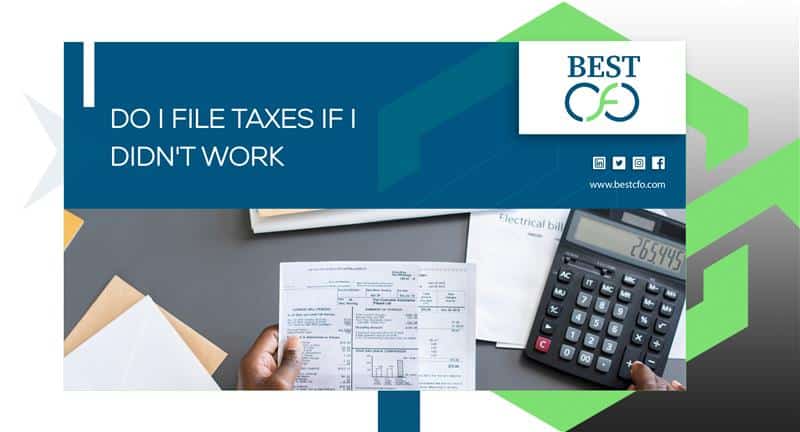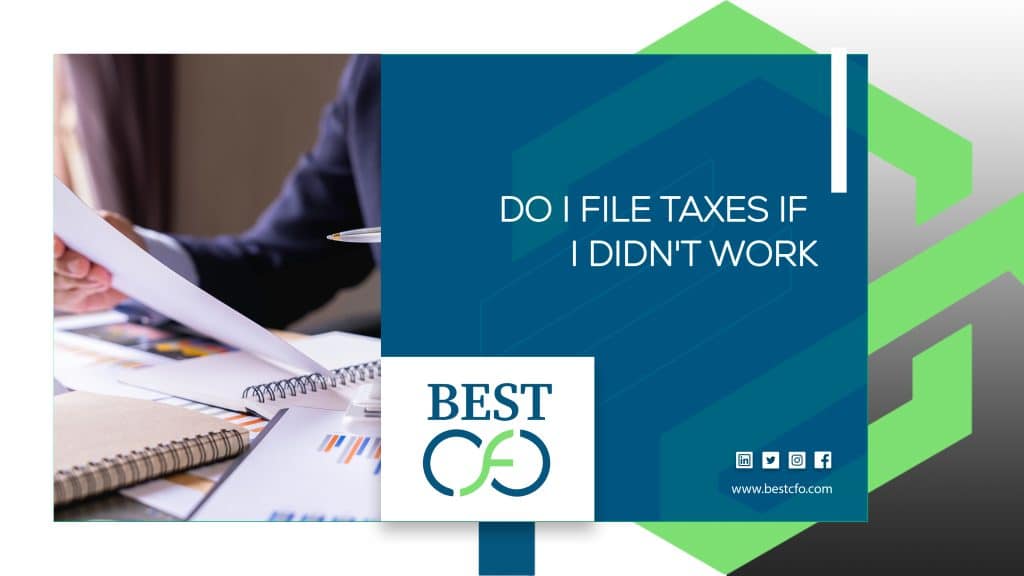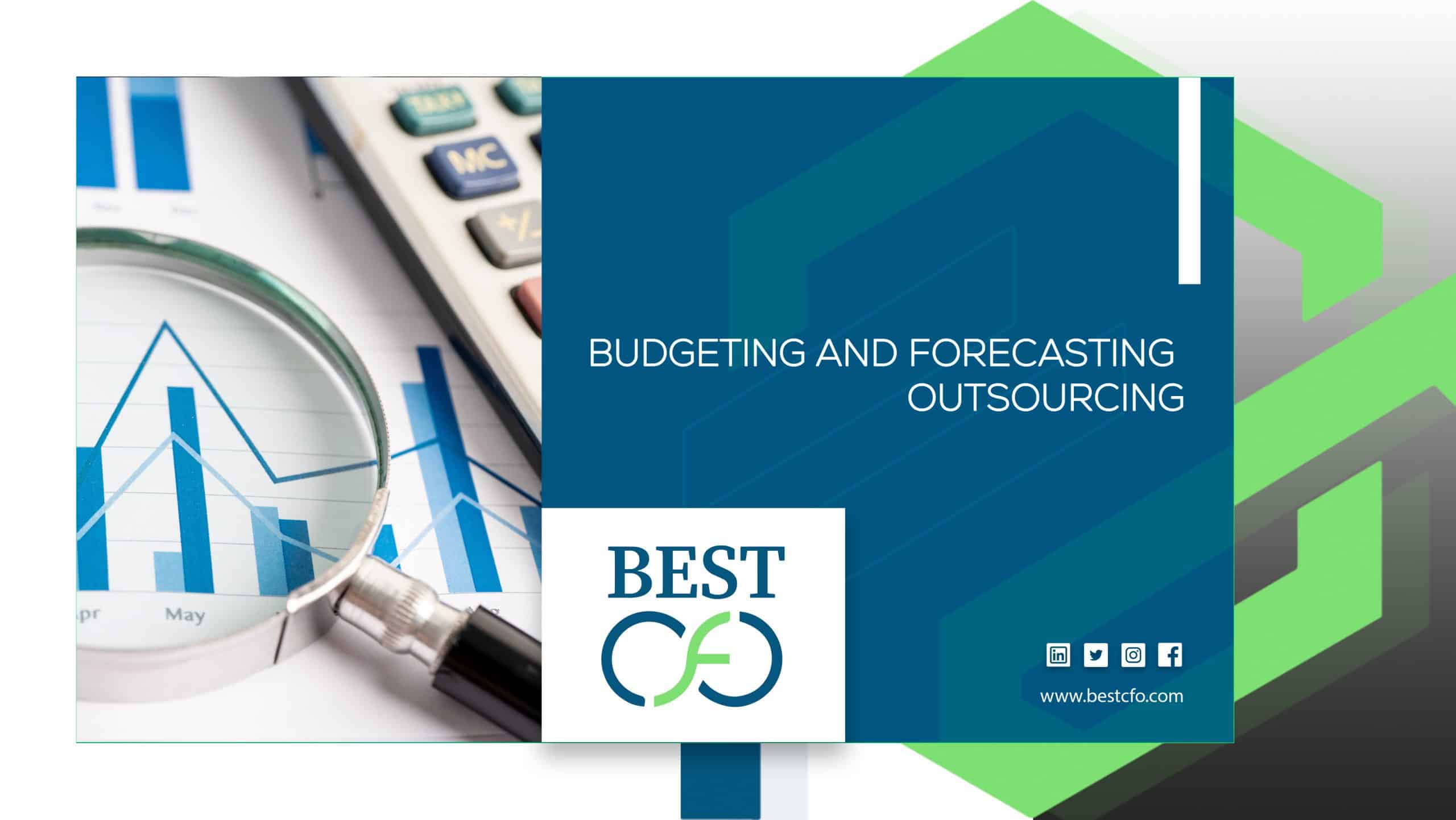
| Getting your Trinity Audio player ready... |
Do You Need To File Taxes If You Didn’t Work?
Filing taxes without income might seem pointless, but it could unlock refunds or protect you from audits.
It’s easy to assume that if you didn’t work, you don’t need to file a tax return. No job means no income, and no income should mean no taxes—right? Not always. In many cases, even if you had no paycheck, you might still need to file taxes or choose to file anyway for smart financial reasons.
Let’s break it down and help you figure out if you should file, even with $0 in earnings.
When You Must File Taxes (Even With No Income)
Even if you didn’t earn a regular wage, there are situations where the IRS expects you to file a return. Let’s look at some common reasons.
Self-Employment Earnings Over $400
Did you pick up any freelance work, sell crafts online, or do odd jobs like tutoring or yard work? If your net self-employment income was $400 or more, you’re required to file a return—even if you didn’t get a W-2. This is because of the Self-Employment Tax, which covers Social Security and Medicare contributions for independent workers.
This rule applies whether you earned that money all at once or through several small gigs. Once your profit hits the $400 mark, the IRS wants to hear from you.
Being a Dependent With Unearned Income
If someone else (like a parent or guardian) can claim you as a dependent, your filing requirements change. The Dependent Income Rules can get tricky, but here’s a simple version:
- If you’re a single dependent under age 65 and earned more than $1,300 in unearned income (like interest, dividends, or stock profits), you must file.
- If you’re older, or blind, the thresholds are a bit higher.
- Earned income (from a job) and unearned income have different limits, and in some cases, both count toward the requirement.
This means even teens with savings accounts or small investments might need to file—even if they didn’t have a job.
You Owe Special Taxes
Even without regular income, you might owe certain taxes that trigger a filing need. These include:
- Social Security and Medicare taxes on tips or unreported income
- Household employment taxes if you hired a nanny or caretaker
- Early withdrawals from retirement accounts
When these special situations apply, the IRS expects a return—even with no wages.
When You Should File Taxes (Even If Not Required)
Sometimes, filing a tax return isn’t required—but it’s still a really good idea. Here’s why you might want to file anyway:
You May Qualify for Refundable Tax Credits
Refundable tax credits are valuable because they can lead to a refund—even if you didn’t owe any taxes. Some key examples include:
- Earned Income Tax Credit (EITC)
- Child Tax Credit
- American Opportunity Credit (for college expenses)
These benefits can put money back in your pocket. But to get them, you must file a return. Even if you only worked part of the year or had low earnings, it’s worth checking if you qualify.
You Had Tax Withholding or Estimated Payments
Did you have a job earlier in the year before stopping work? If so, money may have been taken out of your paycheck for federal taxes. Filing your return lets you reclaim that withheld money.
The same goes for people who made estimated tax payments during the year (often self-employed folks). If your actual tax bill ends up lower than what you paid, you’ll get the extra back—but only if you file.

Filing Starts the Statute of Limitations Clock
Here’s something most people don’t know: Filing a return starts the IRS’s 3-year audit window, called the Statute of Limitations. If you never file, the IRS can audit you at any time, even many years later.
Filing, even with no tax due, gives you a clear start date and limits how long the IRS can go back to check your records.
Filing Protects Future Benefits
Sometimes, filing a return now can help qualify you for future payments or credits. Examples include:
- Stimulus payments or similar relief checks
- Health insurance subsidies
- Social Security benefits, where years of reported income matter
Even if you’re not eligible now, filing a zero-income tax return helps the IRS track your status and ensures you don’t miss out later.
How to File Taxes With No Income
If you decide or need to file, doing it with no income is easier than you think.
Use IRS Free Filing Resources
You don’t need to pay a tax preparer to file a simple return. The IRS offers multiple Free Filing Resources, such as:
- IRS Free File: Lets you prepare and e-file your federal taxes for free if your income is under a certain level.
- VITA/TCE programs: Local volunteers who help low-to-moderate income people, seniors, and those with disabilities.
- MilTax: A free filing program for active-duty military and their families.
These programs are safe, simple, and made for people with low or no income.
Fill Out Form 1040
The main form you’ll use is Form 1040. This is the standard tax form for all individual taxpayers—even if you earned $0. You’ll fill out the basics, report any credits or tax withholding, and check if you’re due a refund.
Tip: Be honest and keep records of anything you include, like past pay stubs, bank interest, or statements about educational expenses.
Key Takeaways
- You might have to file taxes even if you didn’t work, especially if you earned money from gigs, had investment income as a dependent, or owe certain taxes.
- You should consider filing even if you’re not required—especially if you qualify for Refundable Tax Credits, had tax withheld, or want to start the audit clock with the IRS.
- Filing a return helps ensure you get Stimulus Payments and future benefits you may qualify for.
- Use Free Filing Resources like IRS Free File or VITA to file at no cost.
- Even with no income, submit a simple Form 1040 to stay on the IRS’s radar and protect your financial future.
Filing a tax return might not be fun—but it’s often a smart financial move even when you didn’t work. Take a few minutes to see if you qualify for a refund, credit, or protection. A little paperwork today can mean more money (or peace of mind) tomorrow.
Related Posts
The Top 30 Netiquette Rules How Not to Be That Person Online
Tangible vs Intangible Assets: What’s The Difference? Let’s be real: asset talk doesn’t exactly scream…
What Is a Debit Card? Complete Pros & Cons of a Debit Card
What Are the Most Important KPI For Finance Department To Track In today’s fast-moving economy,…
Patent vs Trademark vs Copyright: What’s The Difference Between Them?
What Are the Most Important KPI For Finance Department To Track In today’s fast-moving economy,…
Is It Illegal to Pay Personal Expenses from a Business Account of an LLC?
Gross Margin vs Gross Profit: Profit Margin & How to Calculate When running a business…
 Demos
Demos  Colors
Colors  Docs
Docs  Support
Support 














